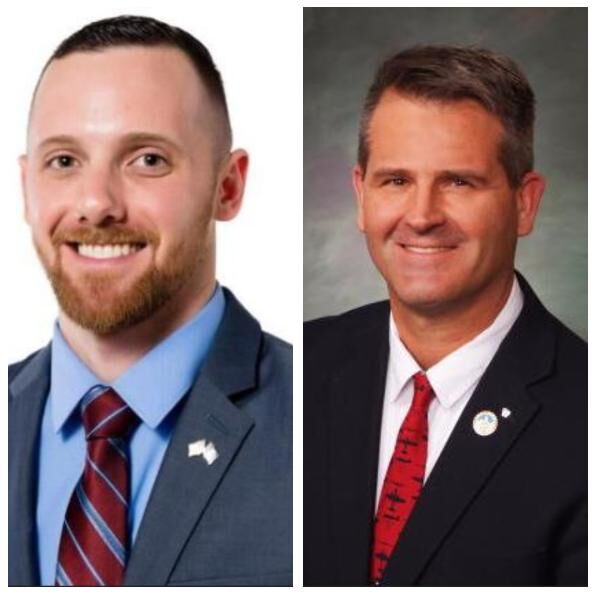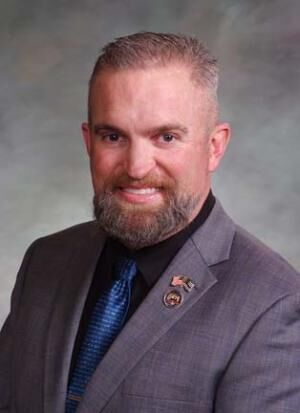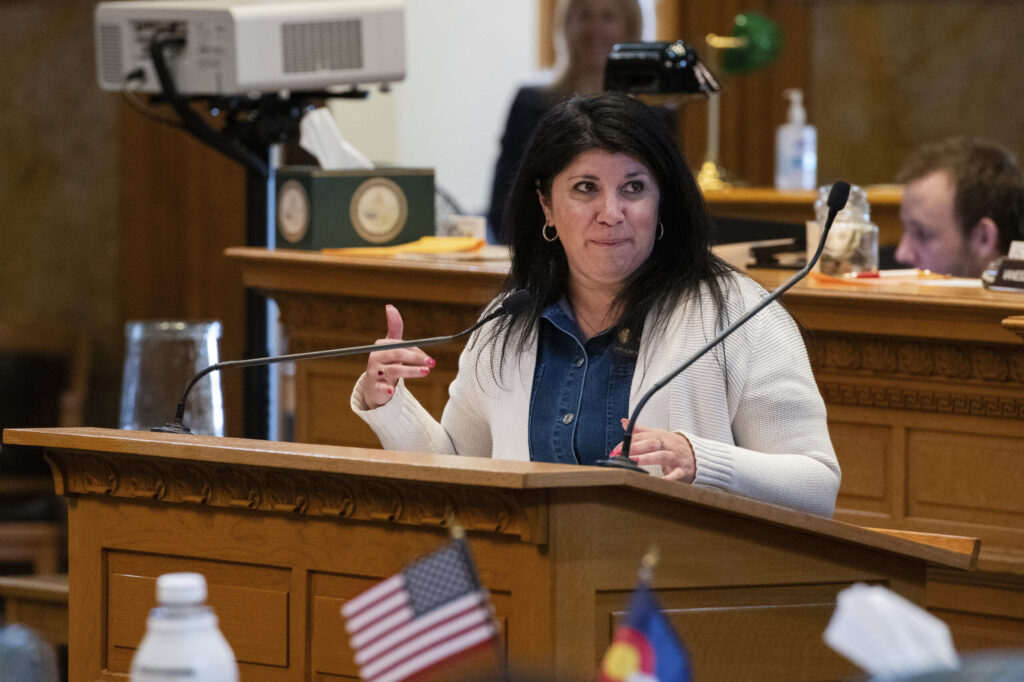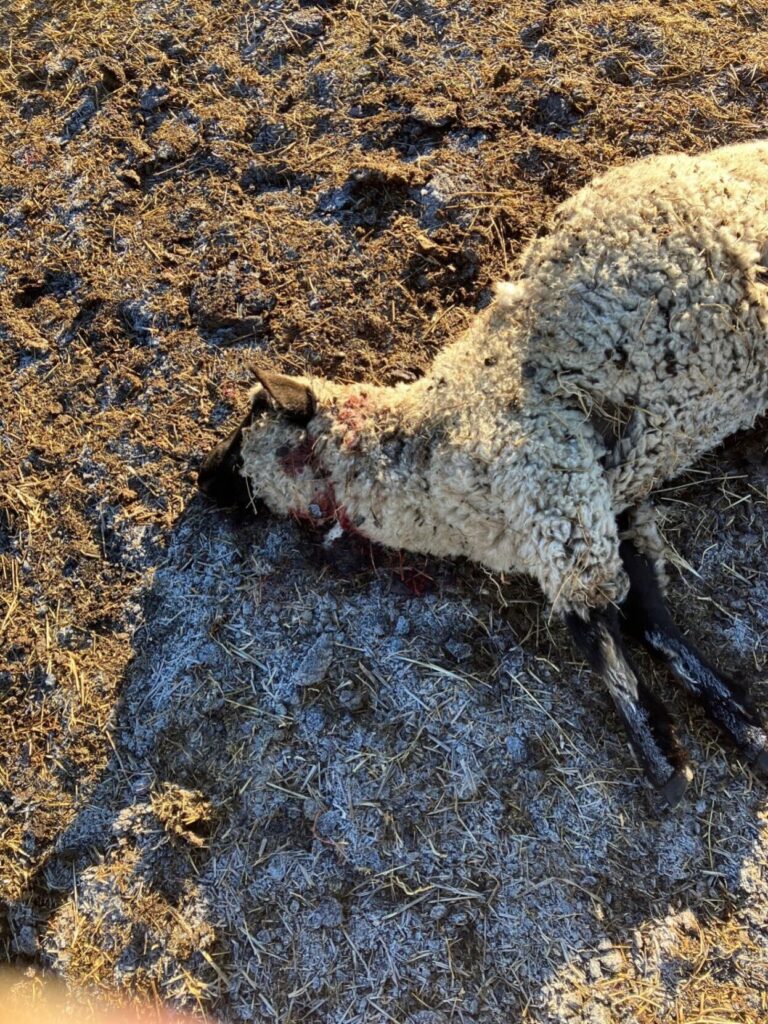Colorado lawmakers take preliminary action on PERA repayment

Despite concerns around gubernatorial opposition to making up a missed 2020 payment to the Public Employees Retirement Association, the House Finance Committee took first action this week on House Bill 1029.
That measure would not only make up the $225 million payment due in 2020 that was suspended due to the recession, but also add in $78.57 million to cover interest the state pension plan claimed it lost due to the missed payment. The bill – payment plus interest – is based on a unanimous recommendation from the state’s pension review commission and a bipartisan subcommittee that includes representatives from organized labor, the Independence Institute, investment banking and public finance sectors.
The annual payments started in 2018 under SB 18-200, which committed the state to paying $225 million each year. That would help the pension plan pay down its unfunded liabilities, part of a 30-year plan to get the pension back to full funding.
It was a good compromise plan until COVID, said Rep. Shannon Bird, D-Westminster, the bill’s sponsor. Failure to pay this obligation will cause PERA’s unfunded liability to grow, she told the finance committee Monday.
Rep. Shane Sandridge, R-Colorado Springs, the bill’s co-sponsor, said the 2018 legislation put PERA on the path to solvency, and without its passage the state’s credit rating could have been negatively impacted. That risk still exists without the passage of HB 1029, he explained.
The state has the money now and might not tomorrow, so it needs to be paid now, he said.
HB 1029 was introduced on the first day of the 2022 session, but has been on hold, in part because of concerns over the interest payment.
The payment will be made with general fund dollars, including a transfer of $198.47 million from the general fund to a PERA cash fund set up for that purpose. That’s added to $380 million in general fund dollars that were put into the PERA cash fund in its inaugural year, 2021.
Sens. Chris Hansen, D-Denver and Bob Rankin, R-Carbondale, told Colorado Politics those funds will cover both the 2022 payment and prepay the following year payment.
But whether the interest portion – some $78.5 million – is part of the equation is another matter. Hansen and Rankin, both Joint Budget Committee members, do not favor repaying that interest, and it’s a view shared among many in the Senate.
Senate Majority Leader Dominick Moreno, D-Commerce City, commented last November during a Legislative Council meeting that state agencies that saw their budgets slashed during the 2020 recession didn’t get those dollars back plus interest.
HB 1029 is now awaiting action from the House Appropriations Committee.














